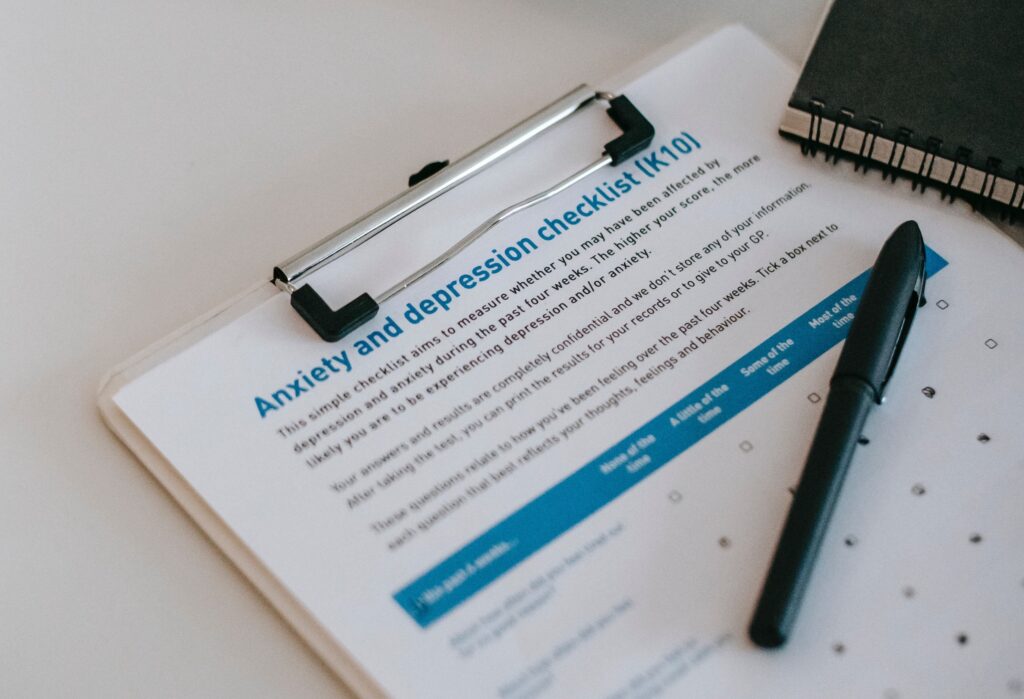Have you ever heard parents or loved ones say something like “I always knew something was different” about your client? Many of us have had clients who show signs of a mental health condition more severe than they initially report. In some cases, the family of our client may have recommended they seek counseling for these symptoms. But can these symptoms reliably indicate that a client will develop a condition?
Prodromal symptoms are symptoms and signs that occur before the onset of a mental health episode or condition. An example of this is anxiety in people who are later diagnosed with bipolar I disorder. Or expressing magical thinking long before receiving a diagnosis of schizophrenia. Prodromal symptoms have been identified for multiple conditions, including borderline personality disorder, schizophrenia, bipolar disorder, and depression.
So, how the heck do we know if a symptom we notice will predict a difficult experience later? That’s the hard part. I may even not be possible. A difficult aspect of prodromal symptoms is differentiating whether the symptoms are part of a current condition or if they are symptoms of a more severe mental health condition that may arise later.
For instance, a 2017 metanalysis found that studies on prodromal symptoms for bipolar revealed that up to 75% of people reported experiencing anxiety. This does not mean, however, that 75% of people with anxiety will later have a bipolar diagnosis. So, then how does prodromal symptoms help us, as clinicians, make decisions about treatment?
Prodromal symptoms can also give us nudge to ask follow up questions we might not otherwise ask. They give us the crucial opportunity to look deeper into detailed family histories and reports from outside observation. Stepp and Lazarus (2017) found that teacher and parent ratings on childhood temperament in young girls found that both ratings were predictive of future diagnoses of borderline personality disorder.
Prodromal symptoms are not a guarantee that clients will develop certain disorders. However, they do give us a flag to take a few extra assessment steps to benefit a particular client. This might be reaching out to their parents or caregivers if they are a minor, for example. Or it could mean continually monitoring their symptoms more intently than usual.














